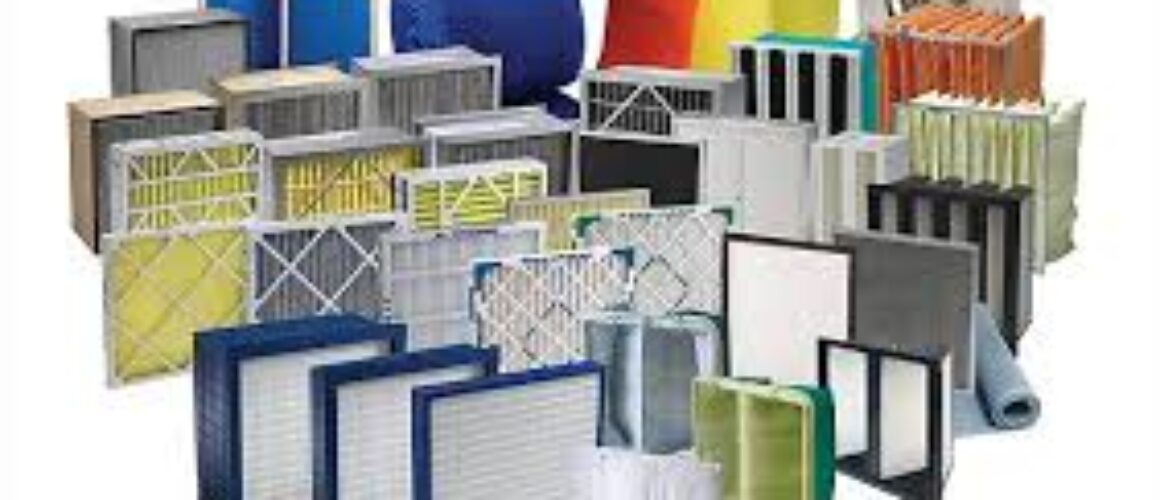The Importance of Car Filters: A Comprehensive Guide

Car filters may not be the first thing that comes to mind when you think about vehicle maintenance, but they play a crucial role in keeping your car running smoothly and efficiently. From ensuring clean air intake to protecting vital engine components, filters are essential elements that often go unnoticed until they fail. In this article, we will delve into the various types of car filters, their significance, signs of a bad filter, and the importance of quality in ensuring optimal performance.
Types of Car Filters:
1.Engine Air Filter: This filter prevents dust, dirt, and other debris from entering your engine, ensuring clean air intake. A clean air filter allows for proper air flow, which is essential for combustion and overall engine performance.
- Oil Filter: The oil filter is responsible for removing contaminants from the engine oil, such as dirt, metal particles, and sludge. A clean oil filter helps maintain oil quality, prolongs engine life, and ensures proper lubrication of engine components.
3.Fuel Filter: Fuel filters prevent impurities and debris from reaching the engine by trapping contaminants present in the fuel. A clean fuel filter is essential for optimal engine performance and fuel efficiency.
- Cabin Air Filter: Cabin air filters improve air quality inside the vehicle by trapping dust, pollen, and other airborne particles. They help maintain a clean and healthy environment for passengers and prevent unpleasant odors from entering the cabin.
The Importance of Quality:
Investing in high-quality filters is crucial for the following reasons:
- Performance:Quality filters effectively remove contaminants and maintain optimal air flow, ensuring maximum engine performance and efficiency.
2.Durability: High-quality filters are more durable and resistant to wear and tear, prolonging their lifespan and reducing the frequency of replacements.
- Reliability: Reliable filters provide consistent filtration performance, protecting your engine and other vital components from damage.
- Compatibility: Quality filters are designed to meet or exceed OEM (Original Equipment Manufacturer) specifications, ensuring proper fit and compatibility with your vehicle.
Signs of a Bad Filter:
Recognizing the signs of a failing filter is essential for timely replacement and preventing potential damage to your vehicle. Common signs of a bad filter include:
- Reduced Performance: A clogged air filter can restrict air flow to the engine, resulting in reduced power and acceleration.
- Poor Fuel Economy: A dirty fuel filter can cause fuel delivery issues, leading to decreased fuel efficiency and increased fuel consumption.
- Engine Misfires: Contaminated oil or fuel filters can cause engine misfires, rough idling, and hesitation during acceleration.
- Unusual Noises: A worn-out or damaged filter can lead to unusual noises, such as rattling or humming, coming from the engine or fuel system.
- Visible Damage: inspect your filters regularly for signs of damage, such as tears, holes, or excessive dirt buildup.
In conclusion, car filters are essential components that contribute to the overall performance, efficiency, and longevity of your vehicle. Investing in high-quality filters and recognizing the signs of a failing filter are crucial steps in ensuring a smooth and trouble-free driving experience. Remember to adhere to the manufacturer’s recommendations for filter replacement intervals to maintain optimal engine health and performance.
Drive smart, maintain your filters, and enjoy the ride!
